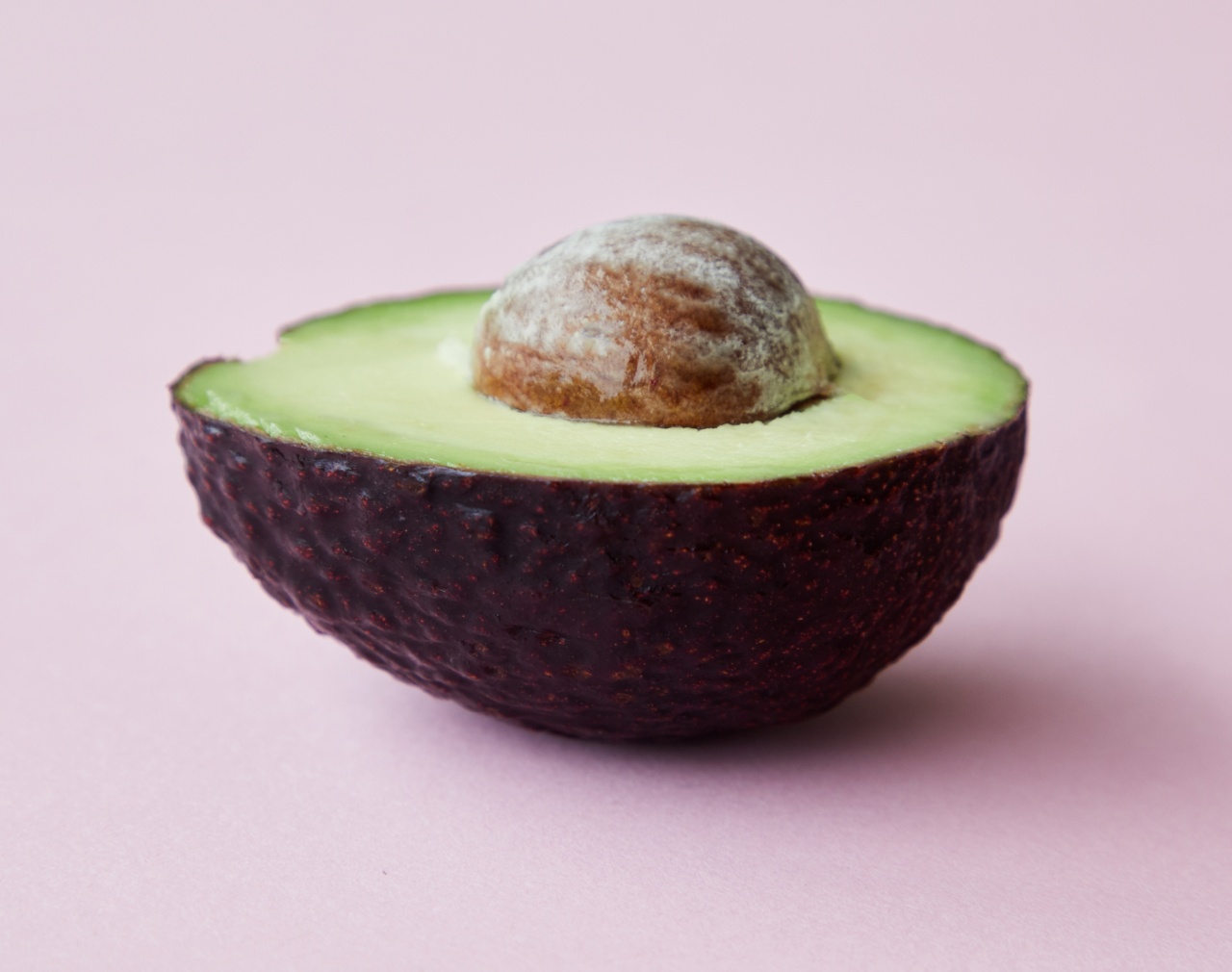Following a vegetarian diet comes with several health benefits, including lower cholesterol levels, reduced risk of heart diseases, and better weight management.
However, one concern often raised about vegetarian diets is the availability of adequate protein sources. Contrary to popular belief, there are numerous plant-based foods that are excellent sources of protein, providing all the essential amino acids required by the body.
In this article, we will explore ten vegetarian protein sources that are both nutritious and delicious.
1. Lentils
Lentils are small, lens-shaped legumes that are widely recognized for their high protein content. They are an excellent source of plant-based protein, offering around 18 grams per cooked cup.
Lentils are also rich in dietary fiber, folate, iron, and manganese. They are versatile and can be used in various dishes, such as soups, salads, and curries.
2. Chickpeas
Chickpeas, also known as garbanzo beans, are another fantastic vegetarian protein source. They contain approximately 15 grams of protein per cooked cup.
Chickpeas are not only an excellent source of protein but also provide dietary fiber, iron, and other essential nutrients. They can be used to make hummus, added to salads, or roasted as a crunchy snack.
3. Quinoa
Quinoa is a popular pseudo-grain that is often considered a complete protein. It contains all nine essential amino acids required by the body. One cooked cup of quinoa provides around 8 grams of protein.
Additionally, quinoa is high in fiber, magnesium, and various antioxidants. It can be used as a nutritious base for salads, served as a side dish, or incorporated into veggie burgers.
4. Tofu
Tofu, also known as bean curd, is a staple in many vegetarian and vegan diets. It is made from soybeans and is an excellent source of protein, offering approximately 20 grams per cooked cup.
Tofu is also a good source of calcium, iron, and various minerals. It is incredibly versatile and can be used in stir-fries, soups, curries, and even desserts.
5. Tempeh
Tempeh is a fermented soybean product that is rich in protein, probiotics, and various vitamins and minerals. It offers around 30 grams of protein per cooked cup, making it one of the densest vegetarian protein sources.
Tempeh has a nutty flavor and firm texture, making it an excellent meat substitute in sandwiches, stir-fries, and casseroles.
6. Edamame
Edamame are immature soybeans that are often enjoyed as a snack or appetizer. These young green soybeans are low in calories and high in protein, providing approximately 17 grams of protein per cooked cup.
Edamame is also a good source of fiber, folate, and vitamin K. They can be boiled or steamed and enjoyed on their own, added to salads, or used as a protein-rich addition to stir-fries.
7. Chia Seeds
Chia seeds may be tiny, but they are packed with essential nutrients, including protein, omega-3 fatty acids, and dietary fiber. Just two tablespoons of chia seeds provide around 4 grams of protein.
These versatile seeds can be added to smoothies, yogurt, oatmeal, or used as an egg substitute in baking. Chia seeds also have a unique ability to absorb liquid, creating a pudding-like consistency when mixed with liquids.
8. Nuts
Nuts, including almonds, walnuts, and cashews, are not only delicious but also excellent sources of protein for vegetarians. Almonds contain about 6 grams of protein per ounce, while walnuts offer 4.3 grams per ounce.
Cashews are lower in protein but still provide around 5 grams per ounce. Nuts are also rich in healthy fats, fiber, and various vitamins and minerals. They make for a convenient and nutritious snack or can be used as toppings in salads, stir-fries, and desserts.
9. Hemp Seeds
Hemp seeds are derived from the Cannabis sativa plant but do not contain the psychoactive compound THC. They are incredibly nutritious, offering a complete amino acid profile along with omega-3 fatty acids, magnesium, and zinc.
Three tablespoons of hemp seeds provide around 10 grams of protein. These seeds have a slightly nutty flavor and can be sprinkled over salads, added to smoothies, or incorporated into baked goods.
10. Seitan
Seitan, also known as wheat meat or wheat gluten, is a popular vegetarian protein source primarily made from gluten, the protein found in wheat. It offers a meat-like texture and is high in protein, providing approximately 25 grams per 3.5 ounces.
Seitan is also a good source of selenium, iron, and calcium. It can be flavored with various seasonings and used in dishes such as stir-fries, sandwiches, and stews.
Conclusion
Contrary to the misconception that vegetarians struggle to obtain sufficient protein, there are numerous plant-based protein sources available.
From lentils and chickpeas to tofu and nuts, vegetarians can easily meet their protein needs while enjoying diverse and delicious meals. Incorporating a variety of these protein sources into your diet ensures that you receive all the essential amino acids required for optimal health.































